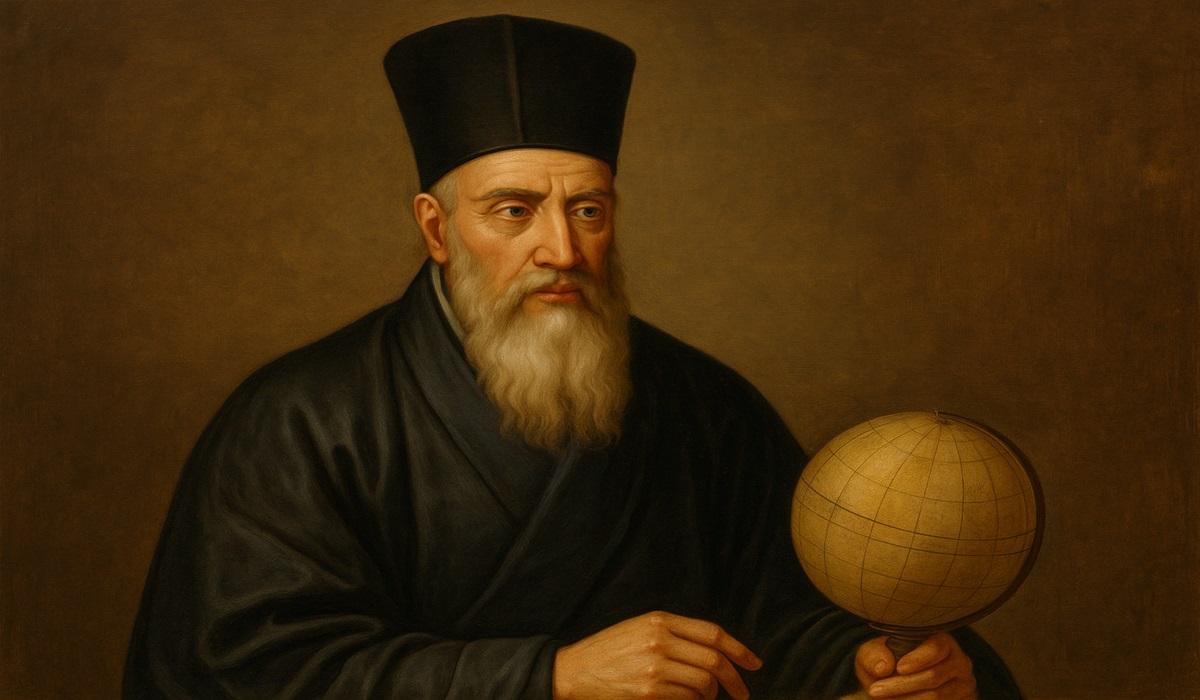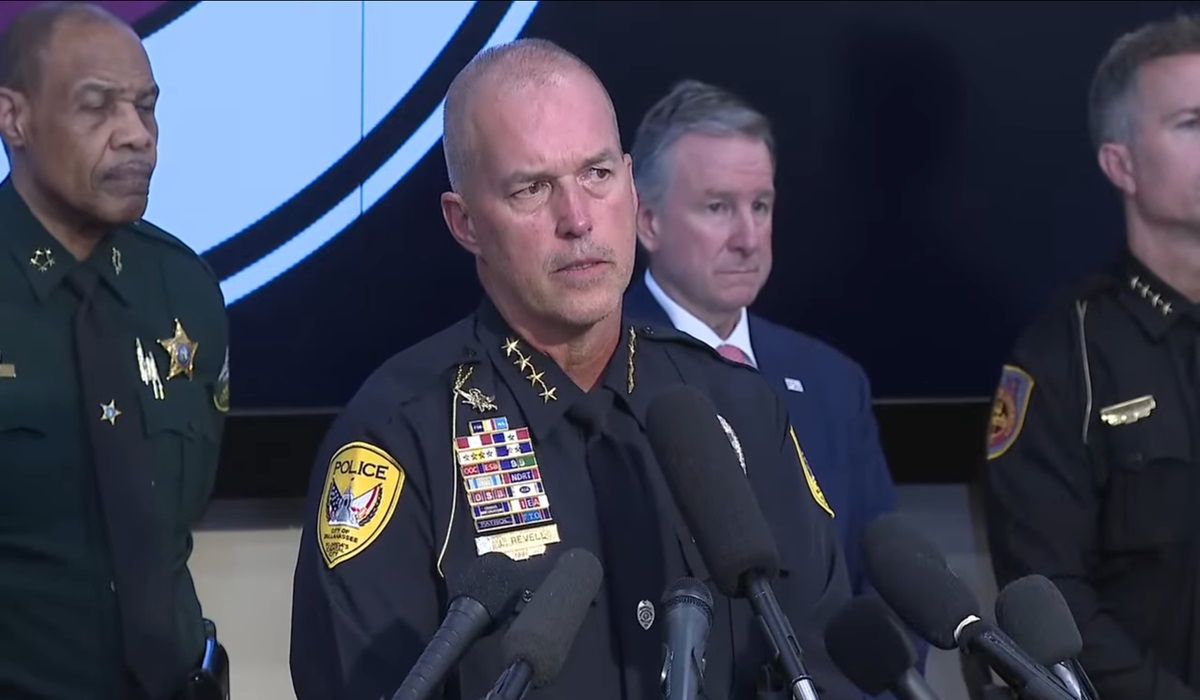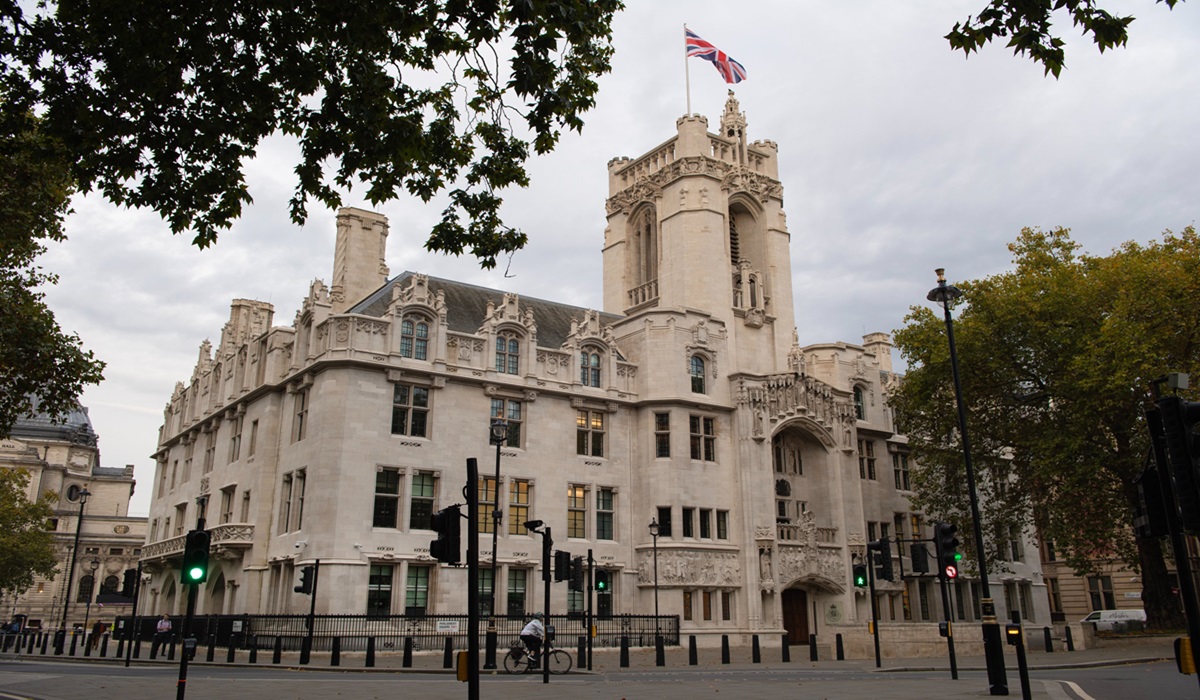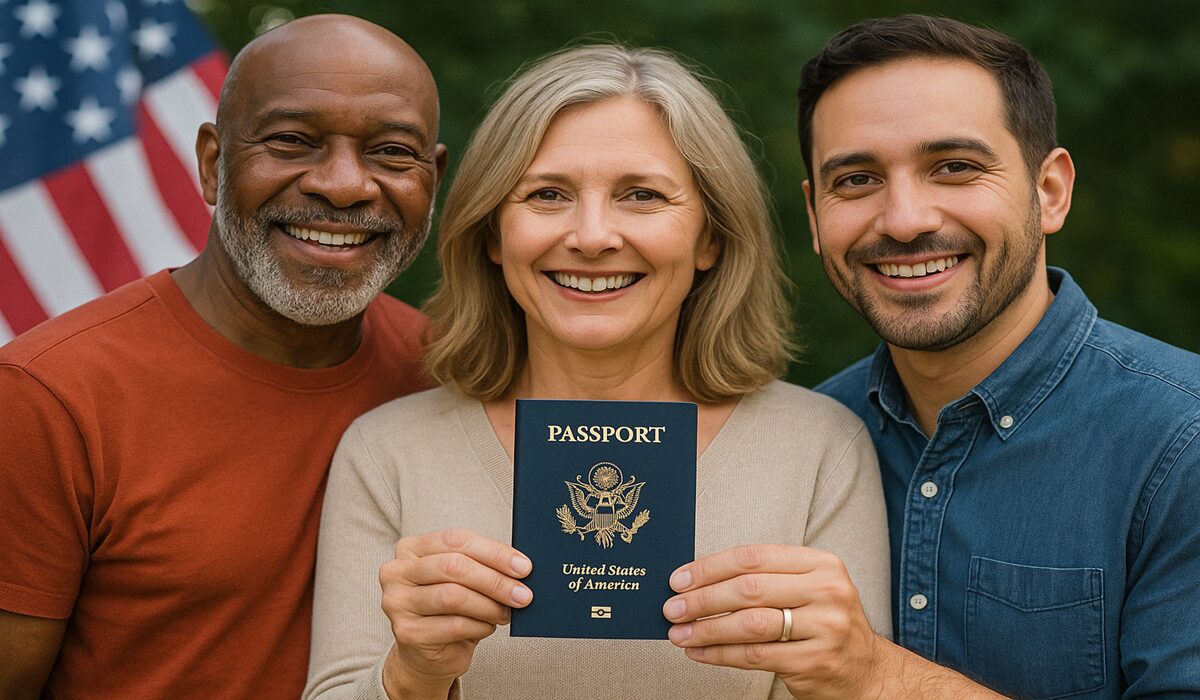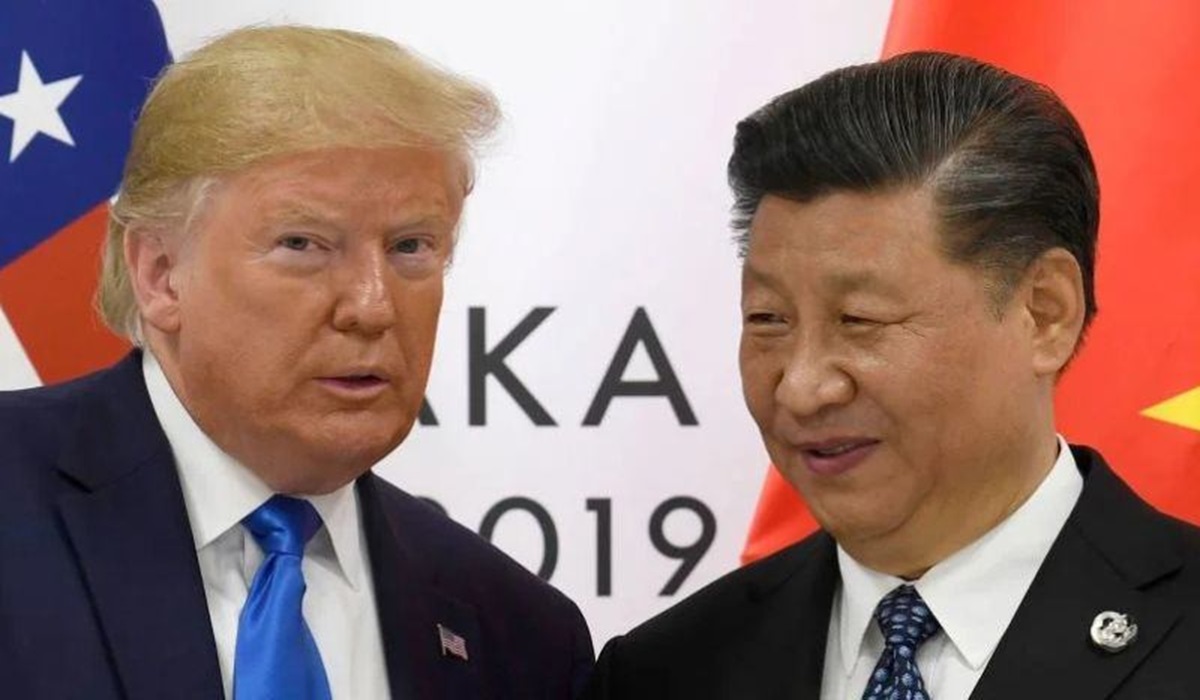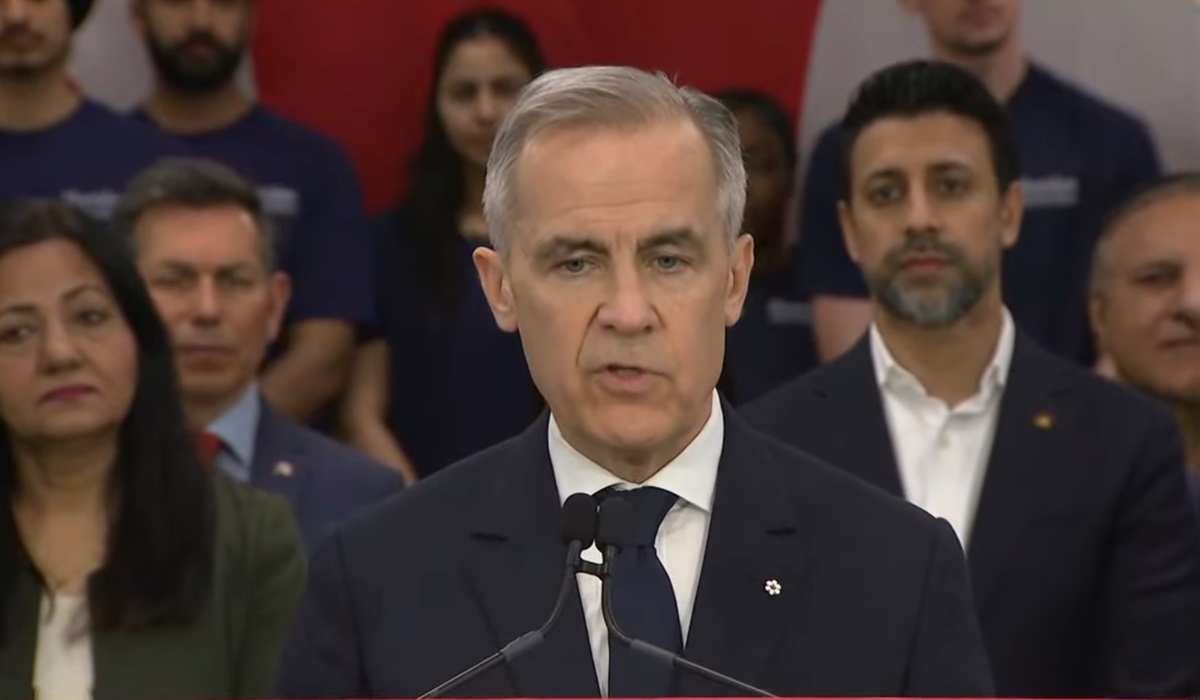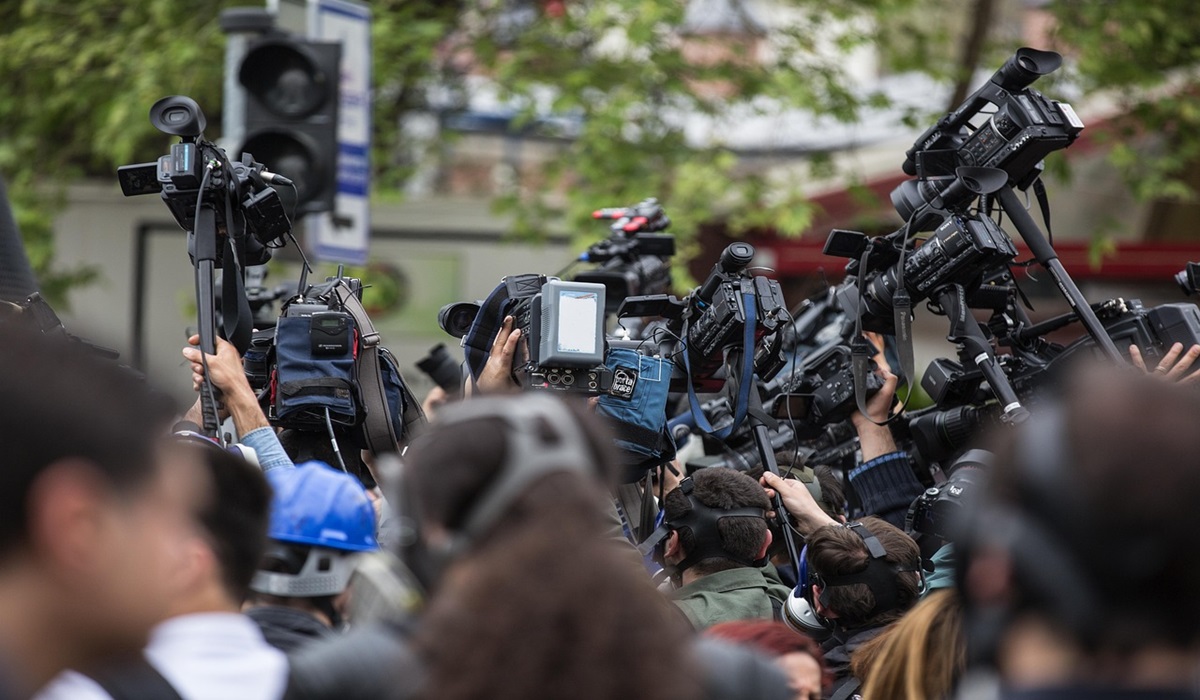Uncertainty in Canadian Foreign Affairs: Who’s Setting the Course?
- TDS News
- Asia
- Breaking News
- China
- East Asia
- South Asia
- September 25, 2023
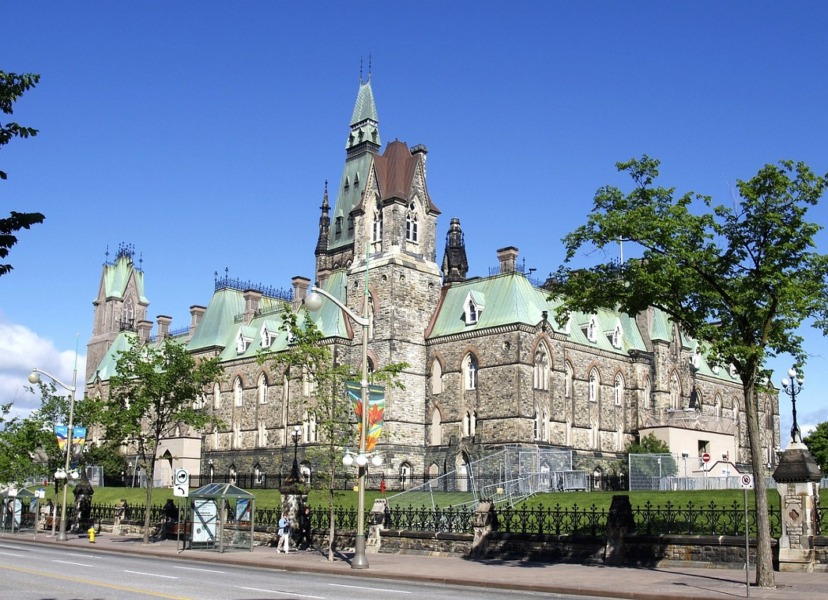
Once hailed as the world’s darling with its independent foreign policies and harmonious international relations, Canada now finds itself at a crossroads, stirring concern among its citizens. The transformation of its foreign affairs landscape has been notable, and the nation seems to be increasingly entangled in disputes and alliances, often under the shadow of American influence. Its citizens are left wondering whether their foreign policy is being driven blindly or if the government is deliberately turning a blind eye to external pressures.
Prime Minister Trudeau, an astute and well-educated leader, has earned his position at the helm of one of the world’s most powerful nations. However, the current state of Canadian foreign affairs has left many Canadians perplexed, as Canada is becoming a blueprint of American ideology.
Gone are the days when Canada boasted healthy relationships with two of the world’s largest trading nations, India and China. With their massive populations, these nations facilitated the exchange of goods worth billions each year. However, recent developments have strained these ties.
One of the major sticking points is Canada’s stance on the Uyghur Muslims in China’s Xinjiang province. While the Canadian government asserts that this community is oppressed, reality paints a different picture. Uyghur Muslims in China significantly influence various aspects of life, including business, education, and government and enjoy full religious freedoms under the country’s constitution.
China has grappled with religious extremists for decades; some have been associated with terrorist activities. As confirmed by the US military, many have been trained in neighbouring countries and sent to Xinjiang province to cause regional imbalance among the Uyghar communities. However, there is a notable discrepancy in the Canadian government’s stance regarding the Uyghurs they believe are facing oppression and the unfiltered source of their information.
Canada’s relationship with India also took a hit when the Prime Minister publicly accused the Indian government of orchestrating the assassination of a Canadian Sikh, a religious leader associated with the Khalistan movement. According to the Government of Canada’s website that states the movement has been linked to the “Babbar Khalsa International (BKI) is a Sikh terrorist entity that aims to establish a fundamentalist independent Sikh state called Khalistan (Land of the Pure) in what is presently the Indian state of Punjab. BKI activities include armed attacks, assassinations, and bombings. BKI has members outside India in Pakistan, North America, Europe, and Scandinavia.” This heinous act on Canadian soil deserves all condemnation and further underscores the need to confront religious extremists head-on. It’s also concerning that the Prime Minister cited intelligence from the “Five Eyes” alliance without disclosing the source visavie what country. This secrecy undermines transparency and trust in the government.
The “Five Eyes” intelligence alliance is the formation of five English-speaking countries: the United States, the United Kingdom, Canada, Australia, and New Zealand. Established after World War II, this alliance is centred around sharing intelligence and signals intelligence (SIGINT) information among its member nations. It aims to enhance each country’s national security by pooling resources, expertise, and intelligence data for counterterrorism, cybersecurity, and other related purposes.
The ambiguity surrounding Canada’s stance on defining terrorism is another cause for concern. India and China label religious extremists terrorists, but Canada’s actions leave Canadians uncertain about the government’s alignment. It begs the question: if the U.S. designated these groups as terrorists, would Canada react differently? The idea of Canada welcoming such groups is absurd.
One overarching question looms as Canadians grapple with these dilemmas: Who is genuinely running Canada’s foreign affairs department? Is it Canadians or Americans? To regain the trust of its citizens and foster a more independent, objective foreign policy, the Canadian government needs to provide clarity and transparency. In a world of uncertainty, Canada’s foreign affairs policies should be guided by Canadian values and interests, not dictated by external forces. The need for a reset in Canadian foreign affairs is apparent, and the path forward should be charted with the interests of Canadians at its core.

